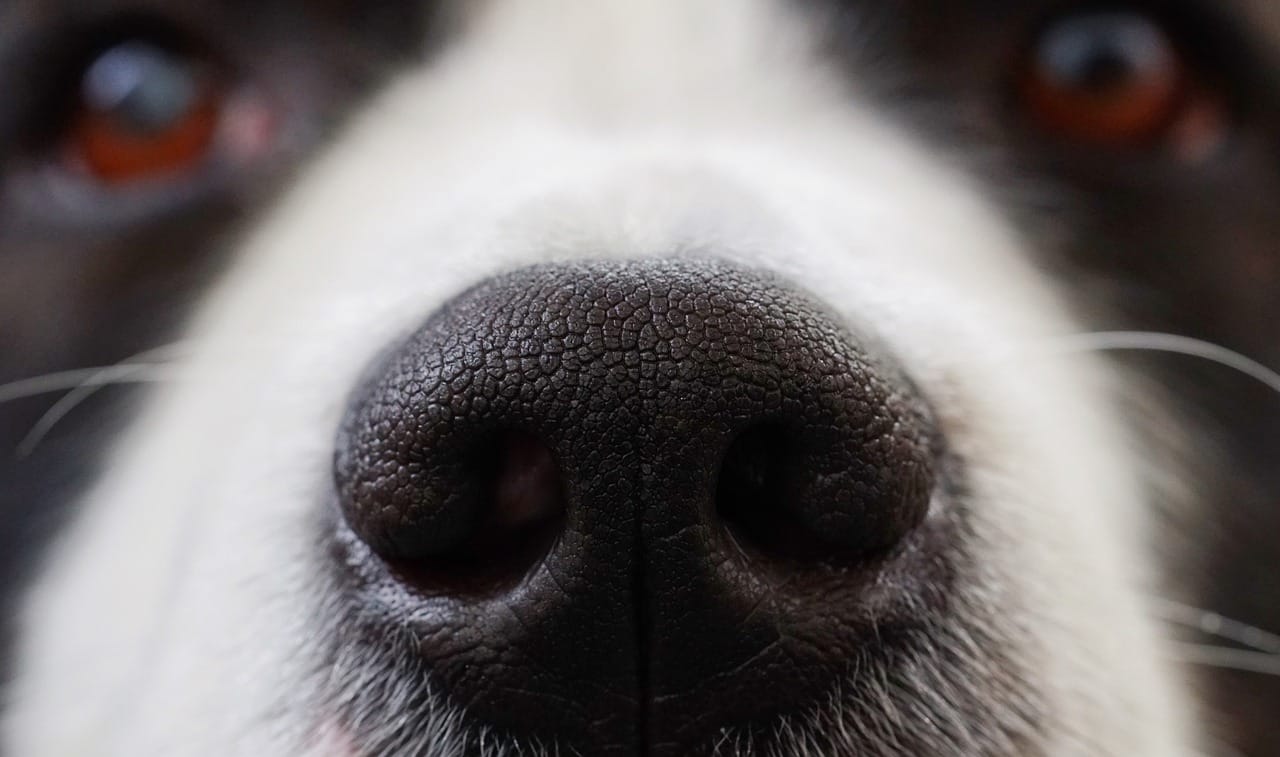It is a common belief that dogs sense when a person is afraid of them. We decided to check if this is really possible.
Information that dogs feel the smell of fear, maybe meet on thematic portalsdedicated to these animals, on educational resources, V Media and glossy magazines, in blogs "Zena" Users ask about this in services questions And answers.
Dogs' sense of smell is much better developed than that of humans. Yes, these animals the nose has about 200 million olfactory receptors, while here only about 6 million. It is because of this sensitivity that they are so often used for search missing people or detection explosives. Eat grounds believe that dogs can even be trained to detect cancer in humans at an early stage. In addition, these animals have a separate olfactory organ, which is responsible for “chemical communication” - Jacobson organ. Nerve cells in it transmit signals directly to the brain and serve to detect a number of substances, the smell of which is almost impossible to detect by ordinary sense of smell. The Jacobson's organ is primarily used in intraspecific communication, but it may also help dogs detect human emotions. So can dogs really smell our fear?
More recently was consideredthat there is no evidence of this. However, in 2017, a group of researchers conducted experiment: Armpit sweat samples were taken from random male donors not participating in further trials in various emotional states - fear and happiness. Then, in the main study, the scientists placed dogs (golden retrievers and Labradors), their owners and strangers in the same room and sprayed the same sweat. The dogs that were placed in rooms with a “happy” smell behaved more friendly - they were more active in making contact with strangers, and they had a calm heartbeat. In contrast, dogs placed in “panic rooms” experienced stress and a significant increase in heart rate. This, in turn, can cause aggression, since the natural reaction to the danger necessary for the survival of animals - “fight, freeze or flight”.
Very fresh research In 2022, another group of scientists decided to check the findings of their colleagues. Sweat and breath samples were taken from 36 study participants. They were then asked to do complex arithmetic calculations in their heads and then took the samples again. The participants' stress was confirmed both by their own testimonies and by physiological indicators. After this, four dogs had to identify the “stress” patterns. At the first stage, they were offered three samples: one “stress” and two empty ones. On the second - “stressful”, initial (taken at the beginning of the experiment, before mathematical exercises) and empty. As a result, the dogs' accuracy in identifying breath and sweat samples from people under stress was 93.75%.
Apparently, our sweat actually changes smell when we're under extreme stress. Eat research, which confirm that even people, having a much weaker sense of smell than dogs, are able to detect the “smell of fear” and respond to it. How exactly this happens, scientists have not yet established, since humans, unlike many animals, do not have an organ that would be responsible for the perception of pheromones (which is why perfumes with pheromones, like us already wrote, do not work).
Like animals, people too inherent fight, freeze or flight response (sometimes allocate another reaction - fawn (English), “creep, suck up”). If our brain chooses the “fight” or “flight” options, the muscles reflexively contract and the dog can notice these unconscious body movements. It is worth noting that dogs may not identify the smell or body movements they smell and see as fear. They simply regard them as a threat to themselves, begin to experience stress too, and, in turn, choose how to react. If it is the "hit" option, the dog may attack.
In fact, dogs are really good at picking up human emotions, and sometimes it even goes so far as to synchronization. Thus, in dogs whose owners experience severe stress for a long time, the level of the stress hormone cortisol increases significantly.
Thus, research in recent years has confirmed that dogs are indeed able to distinguish the smell of a person who is in a stressful situation - no matter due to an encounter with a dog or for some other reason. They may not understand that this is precisely fear, but this stress is transmitted to them and the animals can show aggression.
Is it true
Read on the topic:
- Is it true that cats can heal people?
- Is it true that animals are capable of revenge?
- Is it true that cats only meow for humans?
If you find a spelling or grammatical error, please let us know by highlighting the error text and clicking Ctrl+Enter.







